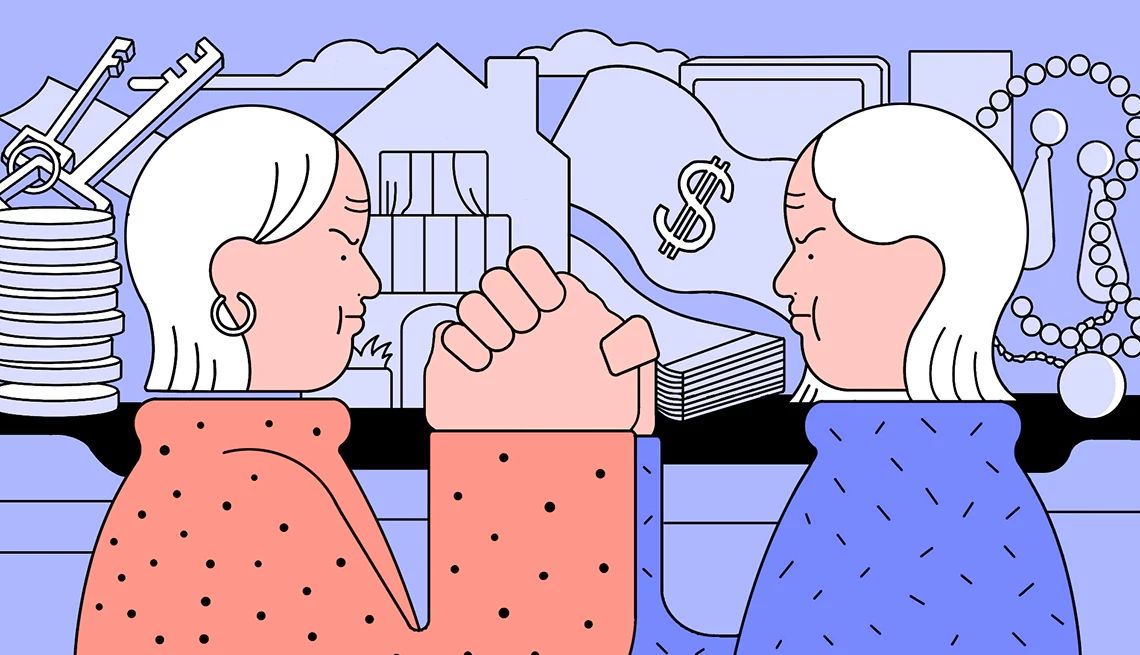AARP Hearing Center


April 10 is National Siblings Day, but siblings don't always get along, even in adulthood. Thankfully, sibling rivalry may not always reach the level that Cleopatra had with the brother and sister she reportedly had murdered, but it does regularly involve jealousy and resentment.
In fact, 1 in 2 adults still argue and compete with their brothers and sisters, according to a survey by the National Organization for Women. And one-third of respondents say they’ve stopped talking to a sibling altogether at some point in their lives.
So why all the sibling fussing and fighting? It can’t still be over whose turn it is to empty the dishwasher anymore, can it?
Here are six reasons adult siblings don't get along, and four ways to handle it.
1. Estates/wills
Buried wounds frequently resurface along with emotions that arise from grief and loss, and this increases the possibility of a power struggle, says certified life coach Krystal Conner, based in Atlanta.
When one sibling is the executor of a parent’s will, another may feel less loved, or that they have less control. In addition, the way a parent has left money, property and other resources to children can cause siblings to disagree about how those resources should be doled out.
“If one sibling believes that they contributed more to the care and well-being of a parent, or if a sibling believes they are somehow more entitled to receive in a will, it will create conflict,” Conner says.
According to research from a national financial planning company, when siblings quarrel over finances, it’s usually about their parents (68 percent of the time). The main issues concern how an inheritance is divided.
2. Birth order
Who was born first, second or third is not something that can affect sibling relationships only in the early years, but also long after everyone’s left the nest.
Firstborn children are often viewed as — and sometimes required to be — the responsible ones their whole lives, expected by parents and other family members to follow the rules, serve as role models, and watch over younger siblings. That adds an extra layer of stress, even well into adulthood, as parents age and need to be taken care of.
They’re expected to be “the boss,” Conner says.
Second and third-born children have different challenges, Conner says.
“The middle child often feels overlooked and unheard, and the youngest often feels as if they should not be — and often aren’t— held to the same standards,” she says.
And that affects how siblings interact, according to research. A 2023 study in the journal Family Relations found that when parents treated siblings differently, sibling relationships weren’t as strong. Siblings engaged in less affectionate and more hostile interactions, particularly when parents—particularly fathers—failed to provide equal treatment to their offspring.





































































More From AARP
Personal Finance
I Share a House With My Sibling. Help!
How to divide a house among family
Financial and Legal
10 Tips for Splitting Caregiving Costs Among Siblings
Practical ways to approach sharing parents’ long-term care expenses
Members Only
Gladness Gurus Share Top Tips for Finding Happiness
These strategies can make every day more fun, festive and fulfilling
Recommended for You